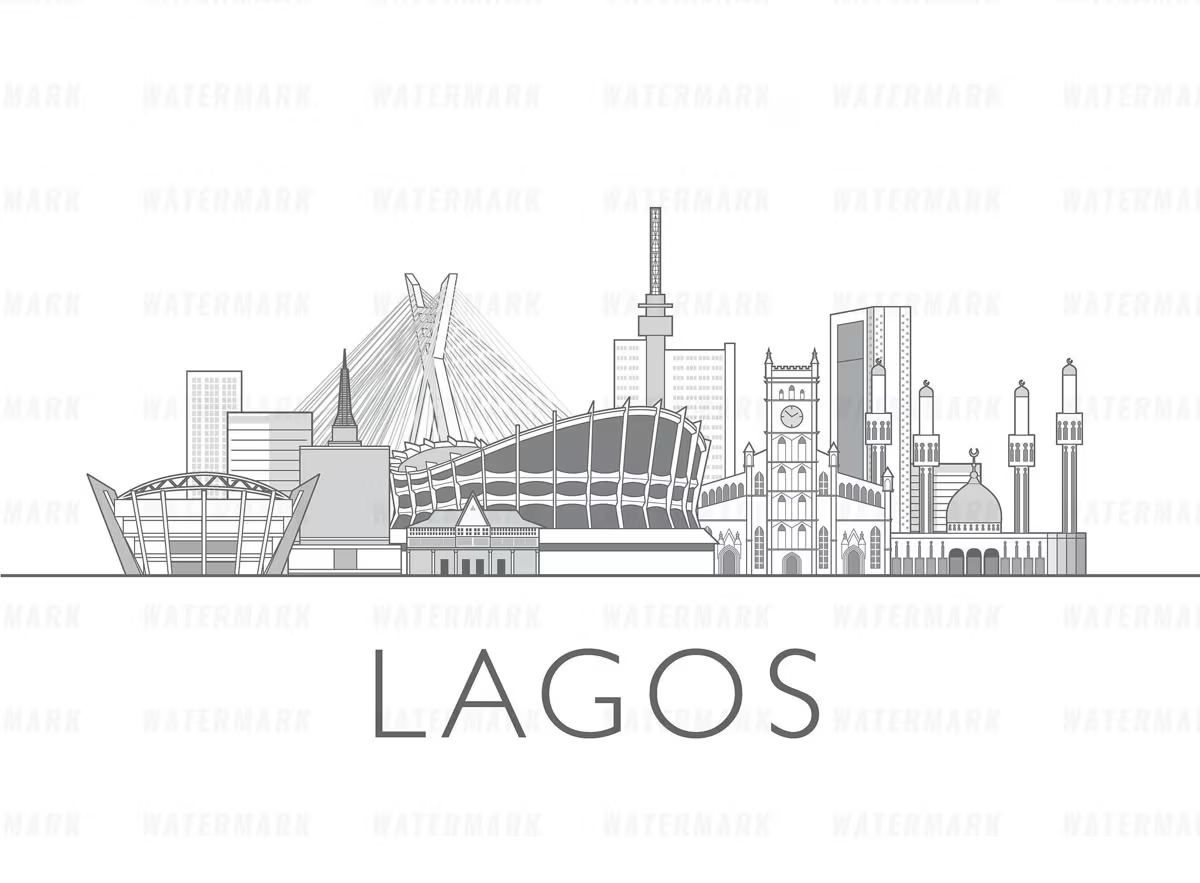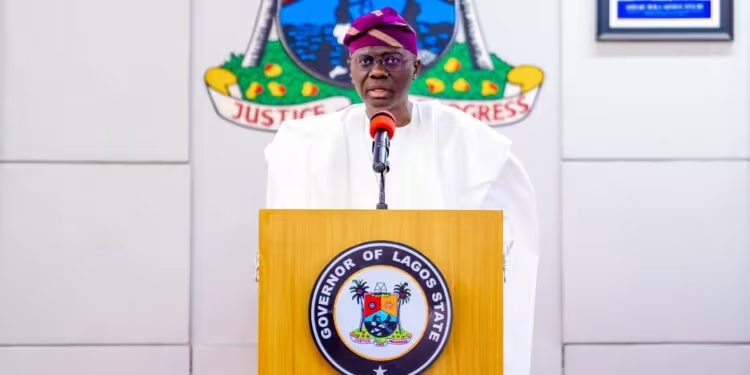Lagos State Launches ₦200 Billion Bond: The Drive for Mega-City Infrastructure
The Lagos State Government has officially returned to Nigeria’s domestic debt market with a monumental plan to raise up to ₦200 billion. This massive bond offer is the latest tranche under its ambitious ₦1 trillion Debt and Hybrid Instruments Issuance Programme, specifically targeting crucial Infrastructure Financing projects across the state.

As Nigeria’s commercial nerve center and a key driver of the national economy, Lagos’s market activities are closely watched. This issuance reaffirms the state’s reliance on capital market funding to bridge its vast infrastructure deficit, which is constantly challenged by rapid urbanization and a booming population exceeding 20 million.
Decoding the ₦200 Billion Offer and Book Building Process
The new bond is a 10-year issuance that opened for subscription on Thursday, November 6, 2025. According to the offer documents circulated by the lead issuing house, Chapel Hill Denham Advisory Services Limited, the bond is competitively priced between 16.15% and 16.25%.
What is Book Building? (An Educational Note)
Lagos State is utilizing a process known as Book Building to set the final price. This method allows the financial company (the bookrunner) managing the sale to gauge genuine market demand. Investors have until November 13, 2025, to submit bids indicating how much they are willing to buy and at what price within the stated range. The final bond price will be set after the bidding period closes, ensuring the rate reflects the true appetite of institutional investors.
The proceeds from this offering are earmarked for strategic physical and social infrastructure projects, including:
Expansion of Transportation networks.
Development of Housing schemes.
Improvements in Healthcare and Education facilities.
These investments align directly with Governor Babajide Sanwo-Olu’s THEMES+ development agenda.
Investor Confidence: Lagos’s Strength as a Benchmark Subnational Borrower
The success of a bond offering hinges entirely on investor trust, and Lagos State boasts an unmatched financial profile among Nigeria’s subnational entities. Contributing approximately 20% of the nation’s Gross Domestic Product (GDP), its economy is highly diversified and resilient.

Key Indicators that Attract Investors:
Record-High IGR: The state’s Internally Generated Revenue (IGR) surged by 105% to nearly ₦2 trillion in 2024. This performance demonstrates the state’s robust capacity to fund its operations and, critically, service debt obligations with minimal reliance on federal allocations.
Strong Credit Ratings: Lagos holds impressive credit ratings: Aa- by Agusto & Co. and AA- by GCR Ratings. These high ratings reflect its solid revenue base, effective expenditure management, and strong financial resilience.
Investment analysts unanimously view these fundamentals as highly attractive, securing Lagos’s reputation as Nigeria’s benchmark subnational borrower—a key term for entities that consistently access the capital market successfully.
A Proven Track Record in the Domestic Debt Market
This N200 billion offering is not a new venture but a continuation of Lagos State’s long-standing engagement with the domestic debt market.
Lagos was the pioneer of subnational debt in Nigeria, issuing its debut ₦15 billion floating-rate bond in 2002. Since then, it has consistently accessed the market, including major issuances like the ₦87.5 billion Series II bond in 2017 and the ₦137.3 billion issuance in 2020.
The state’s ability to ensure that every prior issuance was successfully repaid or remains performing reinforces its credibility among domestic financial institutions, virtually guaranteeing that the current offer will be oversubscribed.
The transaction underscores the maturity of Nigeria’s subnational debt market, confirming its role as a vital mechanism for driving crucial development financing.

Do you want to know more about the specific infrastructure projects this N200 billion bond is expected to fund?





